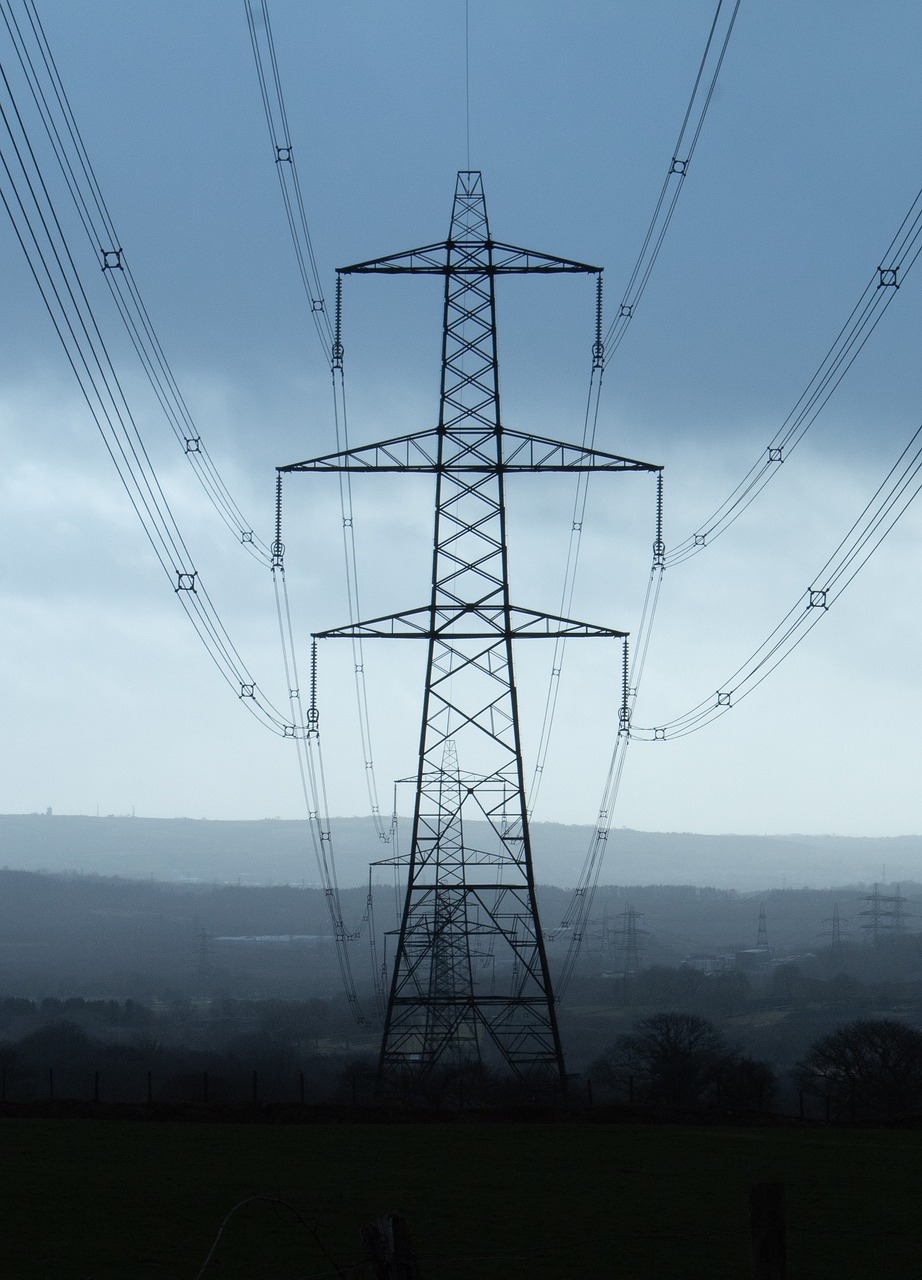




Common Injuries Suffered by Utility Workers
How to Claim Compensation
Common injuries suffered by utility workers can range from burns and electric shocks to broken bones as they perform vital yet hazardous work. Whether it’s maintaining our power lines to digging up roads for water or gas supply repairs, these professionals ensure our key infrastructure runs smoothly.
However, unfortunately the nature of this work exposes them to numerous risks. Accidents and injuries among utility workers are not uncommon. So, if you’re a utility worker who has been injured on the job, it’s important to be aware of how to claim compensation.
If you or a loved one has sustained an injury while performing your job, you don’t have to deal with the aftermath alone. The goal of a personal injury claim and compensation is to help you recover physically, emotionally, and financially.
if your injury was due to an unsafe working conditions or negligence, you may be able to seek compensation. Jefferies Claims can help as we partner with experienced lawyers who work on a ‘No Win, No Fee’ basis who can assess your case.
What Is a Utility Worker?
Utility workers are responsible for installing, repairing, and maintaining vital services for communities. This may include:
- Electricity
- Gas
- Water
- Telecommunications
- Sewer systems
These roles often involve working outdoors in all weather conditions, handling heavy equipment, and operating in potentially dangerous environments.
Common Injuries Suffered by Utility Workers
Utility workers face numerous occupational risks which hold the potential for serious injuries. Here are some of the most common types:
- Electric Shocks and Burns
Working with live electrical wires or equipment poses a significant risk of electric shock or burn. Even with safety gear, accidental contact with high-voltage power lines can lead to severe harm.
- Falls from Height
Many utility jobs involve working at height. This may include climbing up on poles, ladders, scaffolding, or elevated platforms. A fall from height can cause potentially life-altering injuries such as broken bones, spinal injuries, or traumatic brain injuries (TBIs).
- Musculoskeletal Injuries
Manual handling of heavy tools and materials may often be required in this type of work. It can result in back injuries, strained muscles, or repetitive strain injuries (RSIs). These may occur especially when lifting or bending is involved.
- Slip, Trip, and Fall Injuries
Outdoor work in various terrains and weather conditions increases the risk of slipping or tripping. Injuries from falls can range from minor bruises to fractures to head injuries.
- Crush Injuries
Utility workers may work near heavy machinery or in trenches where the ground can collapse. These situations pose a hazard of being crushed by equipment, vehicles, or even the possibility of falling debris.
- Exposure to Hazardous Substances
Some workers may have to work with potential exposure to dangerous chemicals or gases, especially in water treatment or gas maintenance. Inhalation injuries, chemical burns, or long-term respiratory conditions may develop from exposure.
- Hearing Loss
Continuous exposure to loud noise from machinery or construction work can lead to noise-induced hearing loss (NIHL). Hearing protection is essential, but not always adequately provided.
It’s All About Safety
All employers have a legal duty to ensure the health, safety, and wellbeing of their staff. Employers must:
- Provide appropriate personal protective equipment (PPE)
- Ensure proper training is given
- Conduct regular risk assessments
- Maintain safe working environments
If your employer has failed in any of these duties and you suffer an injury as a result, you may be entitled to seek personal injury compensation.
When Can You Claim Compensation?
You may be eligible to claim compensation if:
- The accident happened in the last three years
- The injury was caused by someone else’s negligence
- You suffered harm as a result
This may include accidents caused by faulty equipment, lack of safety training, or unsafe working conditions.
Steps to Claim Compensation as a Utility Worker
If you’ve suffered an injury at work which was not your fault, here are your next steps:
Report the Injury
Always report your injury to your supervisor or employer as soon as possible. Make sure it is recorded in the accident book. This serves as crucial evidence later on.
Seek Medical Attention
Even if your injury seems minor, seek medical attention immediately. A medical report will provide a detailed assessment of your injuries and their impact.
Gather Evidence
It is important to collect as much evidence as possible, such as:
- Photos of the accident scene
- Witness statements
- Equipment involved
- CCTV footage (if available)
Documentation helps to strengthen your case
What Can You Claim For?
The amount of compensation depends on the severity of your injuries and how they affect your life. Typically claims for compensation cover:
- General damages – for pain, suffering, and loss of amenity (diminished quality of life)
- Special damages – for financial losses, such as:
- Loss of earnings
- Medical expenses
- Travel costs
- Rehabilitation or physiotherapy
Why Use a Specialist Personal Injury Solicitor?
Utility worker claims for compensation often involve technical evidence and employer liability. You should make an appointment to have a consultation with a lawyer who has strong experience in ‘at work’ injuries.
With expert advice and dedicated support, we can ensure you get the support you need on a ‘No Win, No Fee’ basis. Reach out now to take the first step towards making your claim.
Our team will guide you through the claims process and we work with highly experienced lawyers who will assess your case. Call us for free at 0333 358 3034 or visit Jefferies Claims Contact Us Page to learn more and we can call you back at a time suitable for you.
